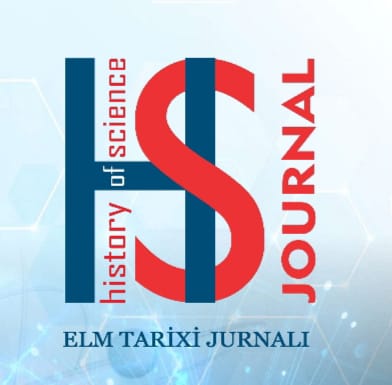The religious and philosophical doctrine of Hurufism was so close to the socio-historical, literary and cultural environment, as well as the artistic thought of Azerbaijan in the XIV-XV centuries. It is impossible not to mention Imadaddin Nasimi, one of the most perfect experts in Hurufism in the social, religious, philosophical and literary and cultural realities of that period, and to imagine our literature of that time without him. Nasimi's ghazals, a follower of the Hurufi ideology, are a resolute glorification of the Hurufites’ doctrines about man. These doctrines were a novelty in the history of mankind and sanctified man in terms of knowing God.From this perspective, Nasimi, who brought a new understanding of the concept of "perfect man" to the philosophical and religious thought of both Azerbaijani and Eastern literature, highlights the spiritual strength and abilities of man, thereby claiming that man reached God through perfection. The great thinker, who described and glorified the manifestation of God’s beauty and wisdom in man, demanded the worship for this beauty.
The works of Imadaddin Nasimi, which grew up on the basis of the philosophical views of the doctrine of Hurufism, glorify a person as a lover of truth. The poet considers lovers to be perfect people. The singer of world beauty, Nasimi, exalts a woman and love for woman with endearing artistic power of great poetry and contrary to the words of those who consider love to be a sin; he declaredthat he would not leave the path of love, for only this path leads to truth - God.The poetic description of beauty and love occupies a decisive place in Nasimi's aesthetic concept. There are various poetic descriptions and interpretations of beauty in Nasimi's poetry. From this point of view, the article provides vivid examples of love for the women in Nasimi’s ghazals expressing divine beauty.
The article considers the concept of the Perfect Man, which is key for the anthropology of Tasawwuf, and briefly describes its origins and role in the Sufi worldview.

